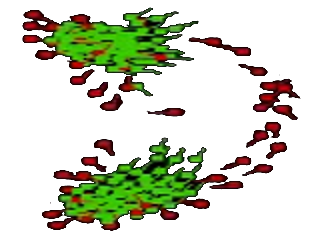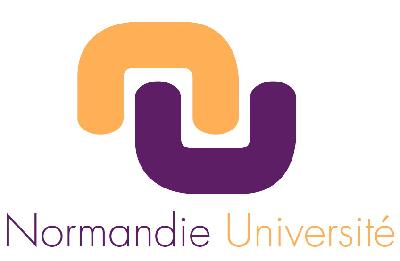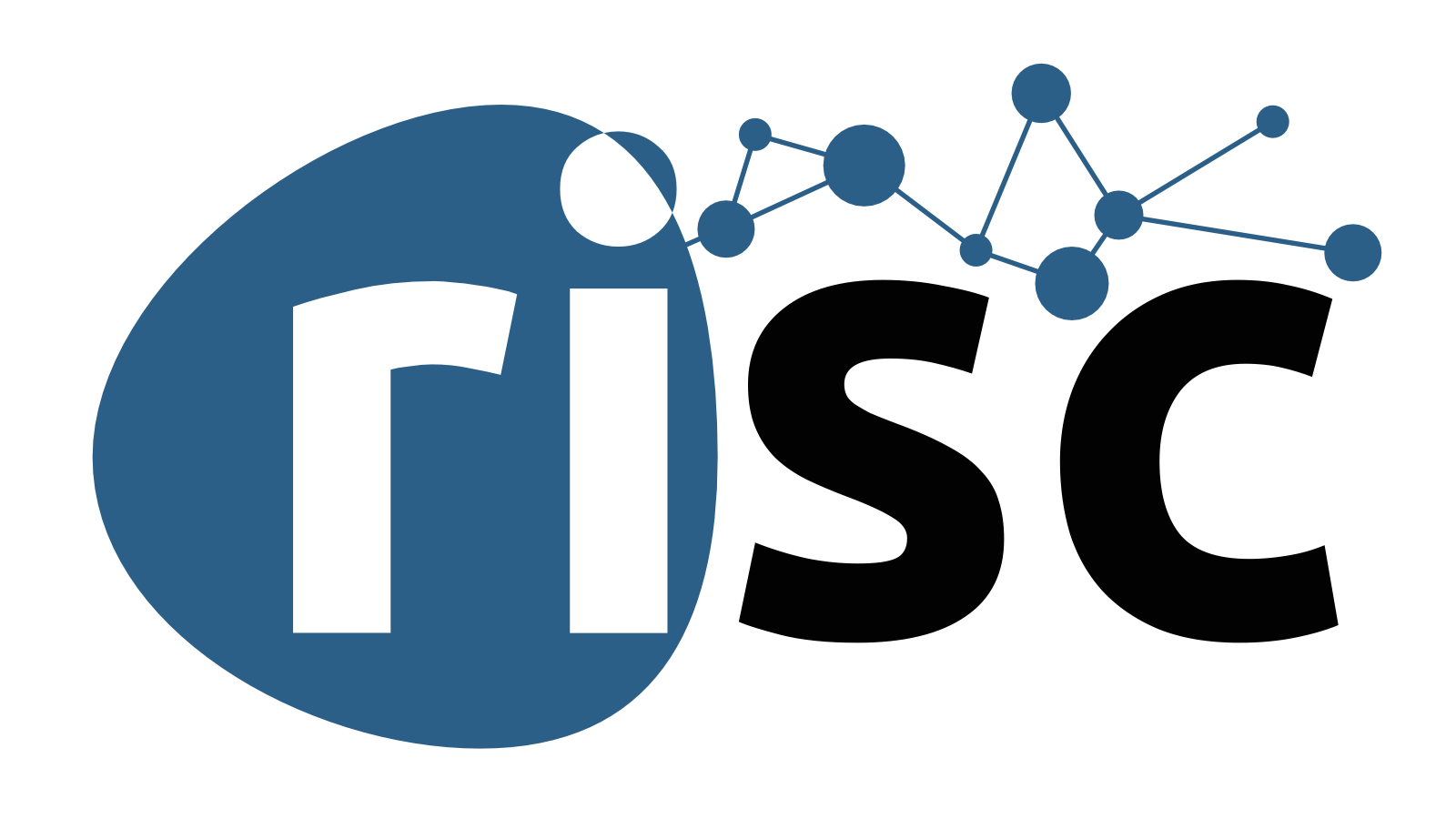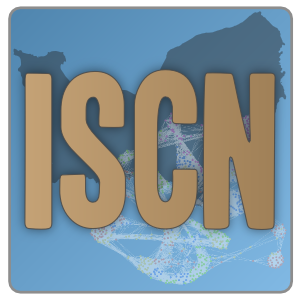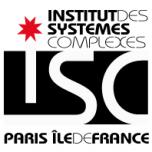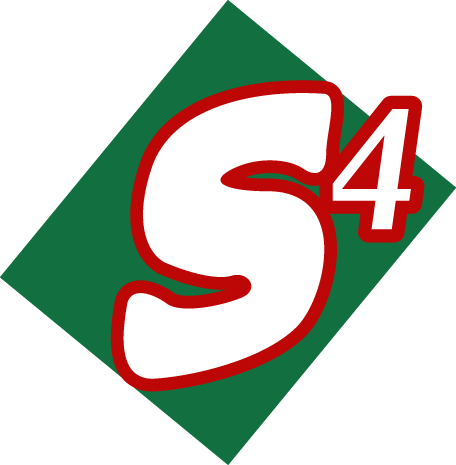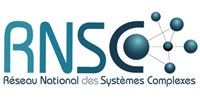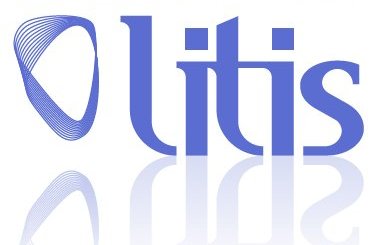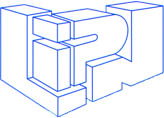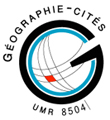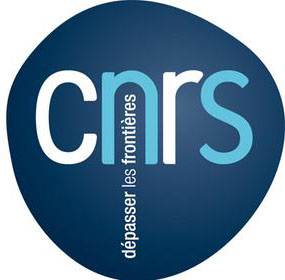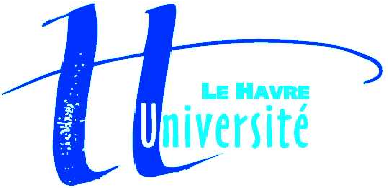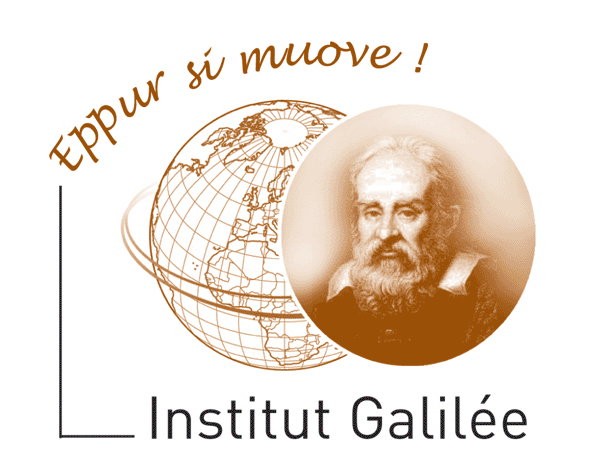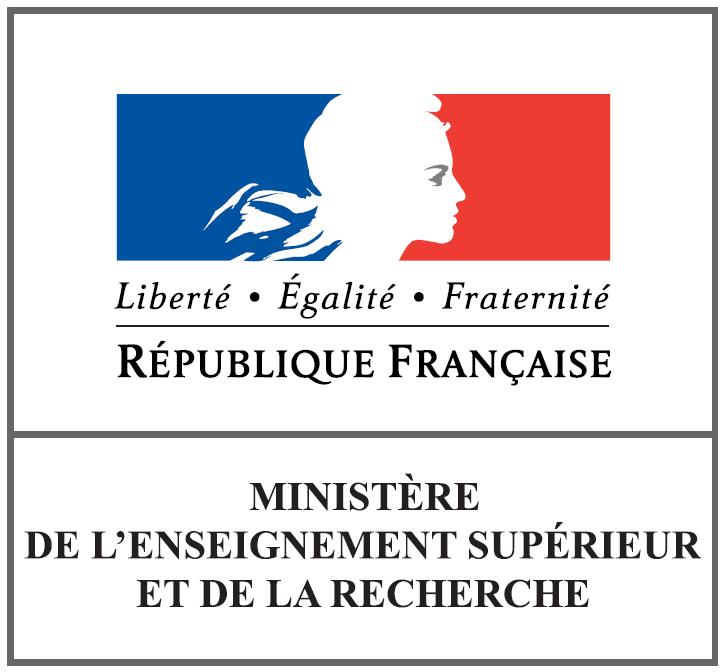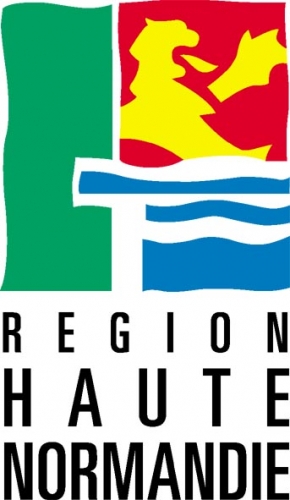Welcome
SOMC - Self-Organization, Management and Control
September 06, 2012,
a satellite meeting for
ECCS'12,
Brussels, Belgium.

The 9th ECCS world's largest gathering of researchers in COMPLEX SYSTEMS will be held in Brussel, Belgium, on 03-07 September, 2012. You are cordially invited to submit a paper to our Satellite Meeting in this Conference, which is the 5th one we have organizing in ECCS meetings, after:
- EPNADS'05 organized in the 2nd European conference of ECCS in Paris, France in 2005;
- EPNACS'2007 organized in the 4th European conference of ECCS in Dresden, Germany in 2007;
- EPNACS'2010 organized in the 7th European conference of ECCS in Lisbon, Portugal in 2010.
- EPNACS'2011 organized in the 8th European conference of ECCS in Vienna, Austria in 2011.
Complex Systems have to face with their own interacting entities within an environment or a context. The specificity of our satellite meeting is to show how collective behaviors or emergent properties can arise within these systems through their structures and throught their dynamics. In this meeting, we consider that control and self-organization are not antagonist and that complexity is typically expressed inside systems mixing these two concepts; each of them feedbacks on the other, using nonlinear processes. Modeling these feedbacks and identifying the multiple two-way links between (i) self-organization and control (ii) dynamical morphology of the system and (iii) evolution of the system, is in the core of our focus. ``Does morphology controls system dynamics and if so, how modeling this kind of control?'' is an exemple of question that coulg be focussed by expected contributions.
We request that each contribution to this satellite meeting has to explain in its introduction at least, the vision of the authors on complex systems self-organization or self-control or how external control can be managed (theoretically or practically) on systems, preserving their complexity.
These aspects in complex systems are transversal within a great number of various applications covering natural and artificial phenomena at various scales (ecosystems, biological systems, urban systems, logistics, economy, social systems, languages development, cognitive systems, brain dynamics).
This meeting will be organized in two parts:
- The first part concerns 2 invited talks and 8 selected paper presentations following a peer-review process
- The second part concerns a practical 2-hours session/tutorial on GraphSteam
library
http://graphstream-project.org/.
Specific topics of interest
- Topological properties of complex systems in interaction with dynamic processes they host/convey
- Morphodynamics of complex systems
- Exploring and analysing large scale dynamic systems
- Detecting communities with swarm intelligence or collective behavior medelling
- Clusters identification
- Synchronization in dynamical systems
